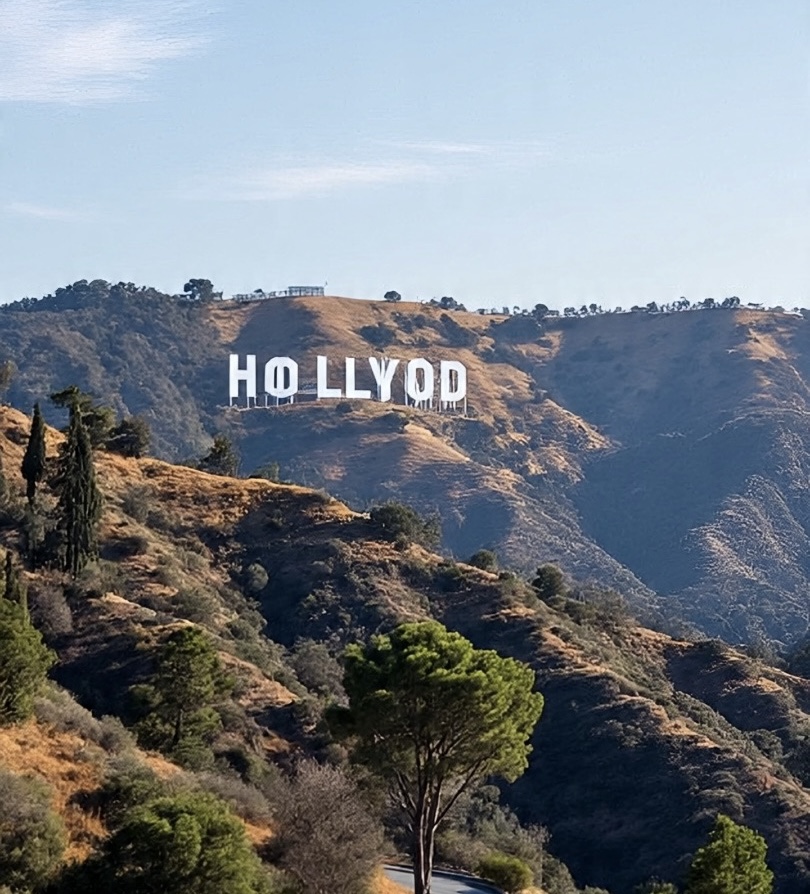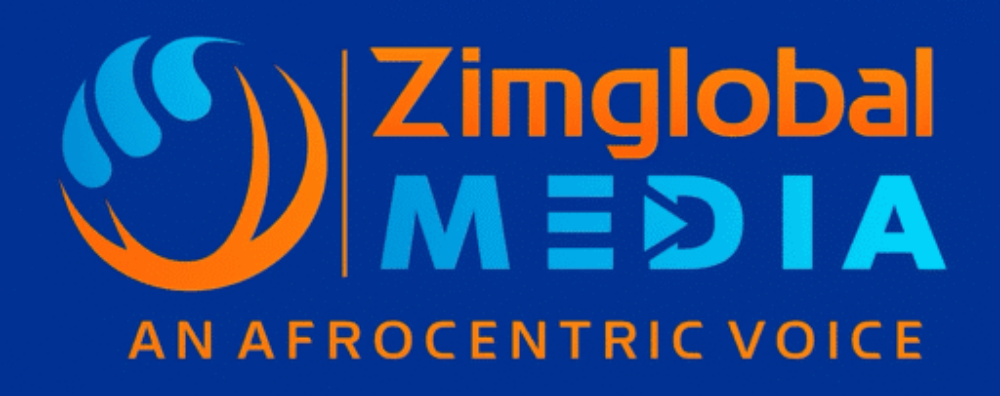From Afrobeats to Hollywood – African Creatives Taking the World by Storm
4 min read
—Timeless Series
Entertainment – Africa’s creative pulse is reverberating across the globe like never before. From the infectious rhythms of Afrobeats to the cinematic storytelling that is reshaping Hollywood, African creatives are not only redefining their industries—they are reshaping global culture.

Music, film, fashion, and digital media born on the continent are now staples in mainstream entertainment, and Zimbabwean artists are among those carving their names into this vibrant narrative.
Over the past decade, African music has undergone a seismic transformation in global appeal. Genres like Afrobeats, Amapiano, and Afro-fusion have moved from local dance floors to dominate international charts.
Artists such as Nigeria’s Burna Boy, Wizkid, and Tems have won Grammy Awards and headlined festivals in Europe and North America. Their success has opened doors for a wider array of African musicians, inspiring collaborations with global superstars like Beyoncé, Drake, and Ed Sheeran.
Zimbabwean musicians are increasingly part of this wave. Artists such as Sha Sha, known as the “Queen of Amapiano,” has brought Zimbabwean talent to the forefront of South Africa’s music scene, winning a BET Award for Best New International Act in 2020.
Likewise, Nutty O and Winky D are gaining traction with their fusion of Zimdancehall and Afro-fusion sounds, attracting attention from international producers and fans alike.
Streaming platforms such as Spotify, Apple Music, and Boomplay have played a critical role in bridging the gap between African creators and international audiences.
For Zimbabwean artists, this means their music can now reach Lagos, London, and Los Angeles with the same ease it reaches Harare.
The rise of African cinema has been equally spectacular. Nollywood, once known for its prolific low-budget productions, has evolved into a powerhouse collaborating with Netflix, Amazon Prime, and Disney.
Films like The Woman King and Lionheart have showcased African narratives with global production standards, while streaming platforms have invested in African originals to meet growing demand.
Zimbabwe’s film industry, though smaller, is showing promising signs of entering this global spotlight. Films such as Cook Off (2017), which premiered on Netflix, introduced Zimbabwean storytelling to an international audience with its charming romantic comedy set in Harare’s culinary scene.
Emerging filmmakers like Joe Njagu and Tomas Brickhill are leading a new wave of Zimbabwean cinema that blends local authenticity with universal themes.
Meanwhile, Zimbabwean actors are breaking new ground abroad. Danai Gurira, known globally for her roles in Black Panther and The Walking Dead, is one of the most recognizable Zimbabwean faces in Hollywood.
As both an actress and playwright, Gurira has become a cultural ambassador, showcasing African stories and advocating for more inclusive representation in the global entertainment industry.
Beyond music and film, African creatives are influencing fashion, visual arts, and the digital world. Designers such as South Africa’s Thebe Magugu and Nigeria’s Lisa Folawiyo are gracing runways in Paris and Milan, while Zimbabwean fashion entrepreneurs are collaborating with African and diaspora markets to showcase traditional textiles in modern styles.
Digital art and social media have given rise to a new generation of African creators who can bypass traditional gatekeepers. Zimbabwean digital artists and influencers are building brands on platforms like TikTok and Instagram, telling stories that merge heritage with global trends.
This democratization of creativity has given African youth unprecedented opportunities to monetize their talent.
A significant factor in this cultural revolution is the African diaspora. Millions of Africans living abroad serve as cultural bridges, promoting homegrown talent, financing creative projects, and advocating for African representation in mainstream industries.
Diaspora-based events such as the Zim Achievers Awards not only celebrate Zimbabwean excellence but also connect artists to global investors and audiences.
Technology has also been transformative. High-quality mobile video production, low-cost streaming, and social media marketing mean that a Zimbabwean musician in Mutare or a filmmaker in Bulawayo can share their work with the world instantly.
Initiatives like Showmax’s Africa Originals and YouTube’s Black Voices Fund are giving African creators global visibility and funding opportunities previously out of reach.
While the rise is undeniable, African creatives still face significant hurdles.
Limited funding, inconsistent copyright protection, and lack of infrastructure remain persistent challenges in many countries, including Zimbabwe.
Artists often struggle to monetize their work fully due to piracy and underdeveloped royalty systems.
To sustain the momentum, governments and private sectors must invest in creative industries as legitimate economic drivers.
Policies that encourage international co-productions, tax incentives for creative hubs, and training programs for young artists will help Africa maintain its creative renaissance.
Zimbabwe’s potential in this global creative surge is immense. With a young population, rich cultural heritage, and growing access to technology, the country has the raw materials to nurture world-class talent.
Music festivals such as Vic Falls Carnival and platforms like Jacaranda Music Festival are already showcasing Zimbabwean talent to tourists and regional audiences.
The next decade could see more Zimbabwean musicians collaborating with Afrobeats giants, more films reaching Netflix and Amazon, and more artists breaking through on global streaming platforms.
Danai Gurira’s international success story is just one chapter in what promises to be a larger narrative.
From Lagos to Los Angeles, Johannesburg to Harare, African creatives are rewriting the rules of global entertainment.
Afrobeats is no longer a niche; it is a global sound. African cinema is no longer a curiosity; it is a powerful storytelling force. And Zimbabwean artists are not mere spectators—they are active players in this transformation.
As technology continues to bridge distances and audiences hunger for authentic, diverse content, the world is finally dancing to Africa’s rhythm.
Whether it’s a song streamed in New York, a film premiered in Cannes, or a designer’s work showcased in Milan, one thing is clear: Africa has arrived, and its creatives are here to stay.
——————————————
Zim Global Media News 🗞️
an Afrocentric Voice







